The Sopranos | Season 1: Episode-by-Episode Breakdown & Ending Explained
Intro
When The Sopranos debuted in 1999, few realized they were witnessing the birth of prestige television. What began as a story about a mob boss in therapy unfolded into a profound study of identity, family, and repression. Season 1 is where Tony Soprano’s world is built , and begins to fracture.
Episode 1 : The Sopranos (Pilot)
The show opens with a paradox: a mobster sitting in a therapist’s waiting room. Tony Soprano meets Dr. Jennifer Melfi after suffering panic attacks that leave him unconscious. Between backyard barbecues and mob meetings, Tony’s world is revealed , he’s both a family man and a violent enforcer.
We meet Carmela, his morally conflicted wife; Meadow, his rebellious daughter; Christopher, his ambitious nephew; and Livia, his toxic, manipulative mother. Tony’s obsession with the ducks in his pool , and his breakdown when they fly away , sets the emotional tone: the loss of control disguised as leadership. Dr. Melfi diagnoses panic disorder, but what she’s really diagnosing is the collapse of Tony’s double life.
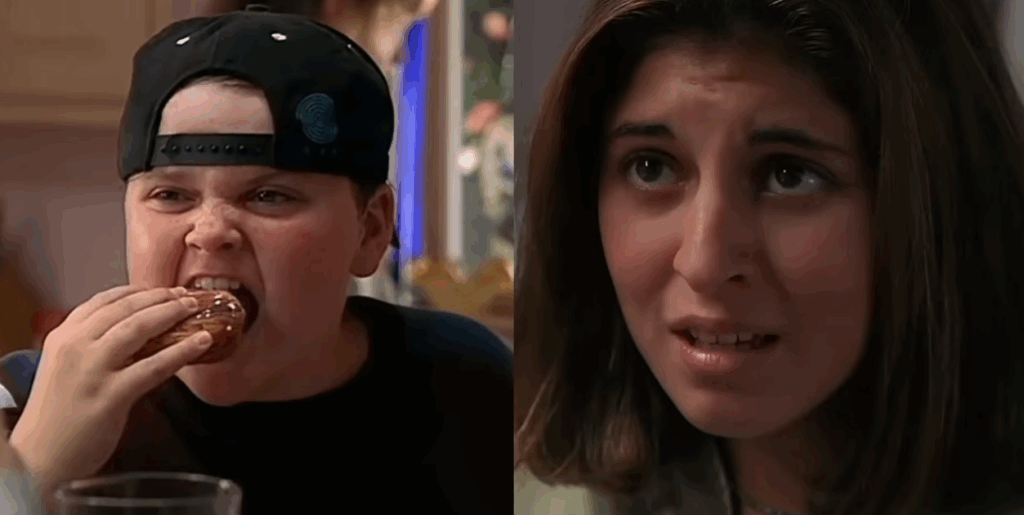
📂Don’t just watch the show, analyze it. Grab Dr. Melfi’s confidential ‘Psychological Dossier’ on Tony (and the truth about the ending) here
Episode 2 : 46 Long
Tony’s crew deals with stolen cars and hijacked trucks, while Junior , his uncle , grows jealous of Tony’s increasing power. Meanwhile, Livia refuses to move into a retirement community, manipulating Tony with guilt. This episode establishes The Sopranos’ central structure: mob business intertwined with emotional dysfunction. Tony’s power comes at a cost , his ability to feel genuine connection is slipping away. The therapy sessions deepen. Melfi gently confronts Tony’s denial, hinting that his panic attacks stem from unresolved family trauma.
Episode 3 : Denial, Anger, Acceptance
Tony helps a Hasidic family recover their kidnapped son-in-law , in exchange for a slice of their business. It’s classic mob pragmatism cloaked in moral justification. Carmela, meanwhile, confesses to her priest, feeling guilt over their lifestyle. The episode’s title mirrors Tony’s psychological state. He cycles through denial, anger, and fleeting moments of acceptance , yet never learns. The therapy begins to poke at his ego, and he starts to project charm and intimidation toward Melfi, blurring professional boundaries.
Episode 4 : Meadowlands
Power tensions rise. Junior feels disrespected, Tony maneuvers politically, and Christopher starts to show signs of reckless ambition.
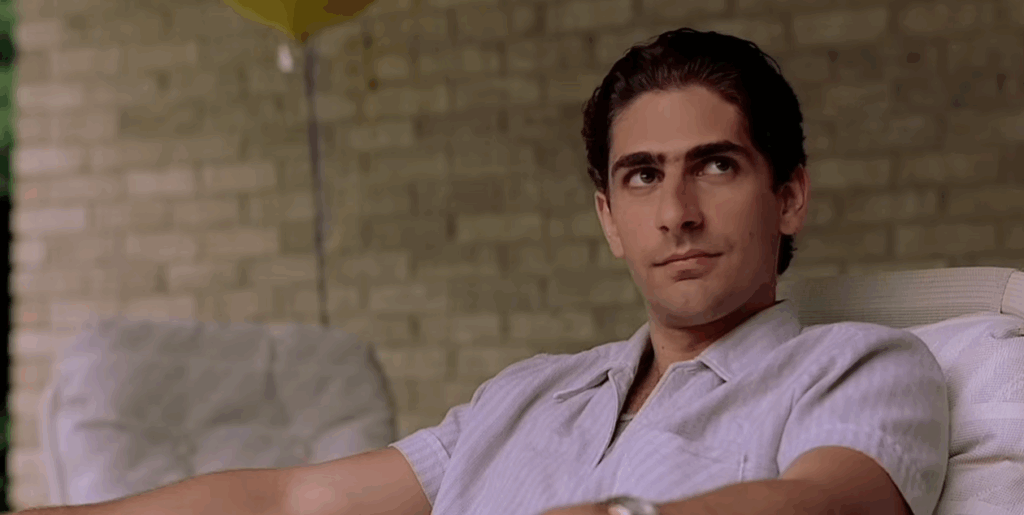
Tony’s panic attacks intensify, reflecting the stress of holding multiple identities , father, boss, patient. Here, Tony orchestrates a compromise: Junior becomes the nominal boss, while Tony pulls the strings. It’s a masterstroke of manipulation, but one that deepens his internal conflict.
At home, Meadow begins questioning their family’s wealth, symbolizing the next generation’s awakening to moral grayness.
Episode 5 : College
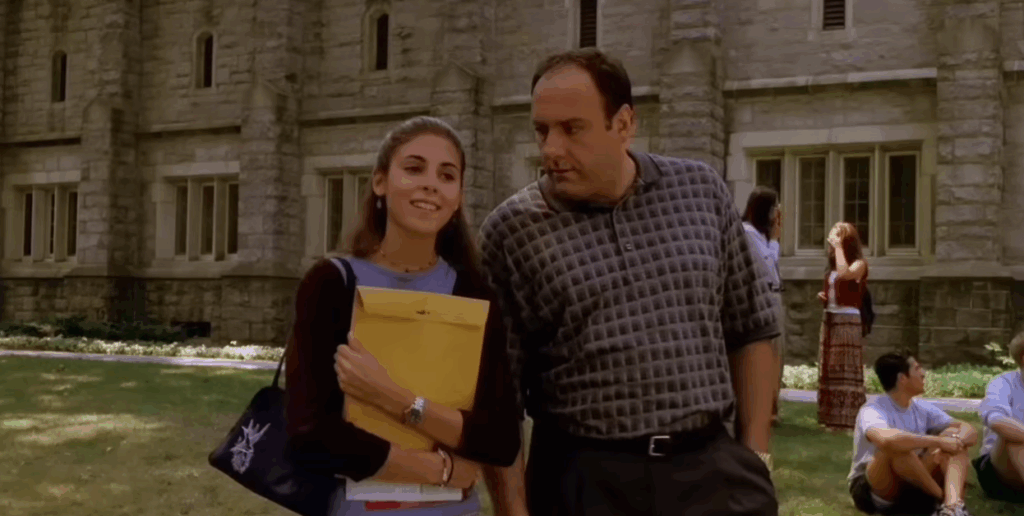
Often cited as one of the greatest TV episodes ever made.
Tony takes Meadow on a college tour , a rare moment of normalcy , only to spot an old mob informant living under a new identity. What follows is The Sopranos in its purest form: a man balancing tenderness and brutality. Tony smiles at his daughter one moment and strangles the informant to death the next. The duality is complete. The therapy isn’t fixing him , it’s teaching him to compartmentalize better.
Meanwhile, Carmela has a brief emotional encounter with Father Phil, hinting at her own search for validation beyond Tony.
Episode 6 : Pax Soprana
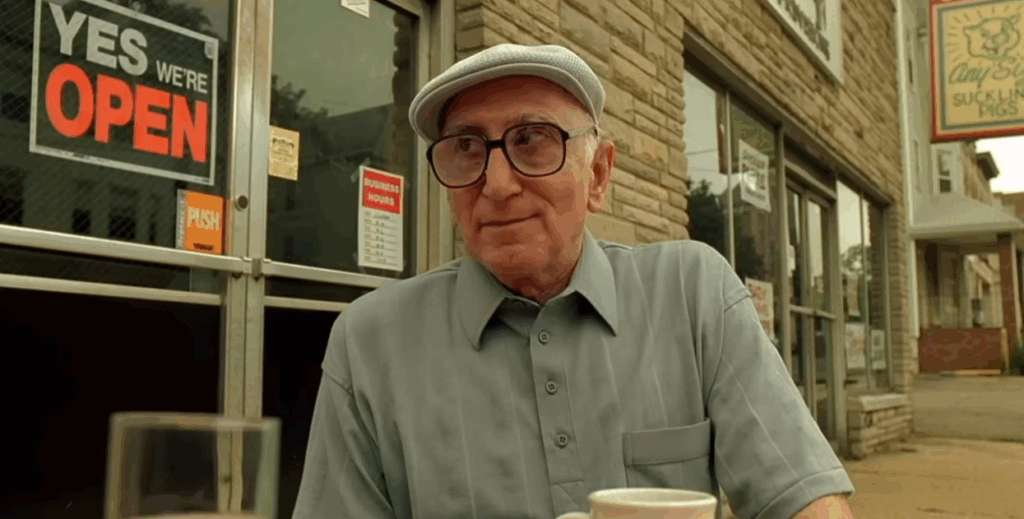
With Junior officially the boss, Tony enjoys the benefits of silent power. But his body and emotions start betraying him , he develops erectile dysfunction. In therapy, Melfi connects the dots: Tony’s aggression toward his mother, his guilt, and his loss of control are manifesting physically.
Tony’s fixation on Melfi intensifies , he dreams about her, idealizes her, then recoils. The therapist becomes the stand-in for all the women he can’t truly reach , mother, wife, lover.
This is the first episode that hints Tony’s mind may destroy him before his enemies ever could
Episode 7 : Down Neck
A flashback-heavy episode that explores Tony’s childhood. We see his father, Johnny Boy, as a mobster who mixed charm with cruelty, and Livia as the emotionally abusive matriarch who planted the seeds of Tony’s rage. Young Tony witnesses violence and learns early that love and fear are inseparable.
Dr. Melfi’s sessions tie the past to the present , his panic attacks aren’t random; they’re inherited patterns of repression and guilt. The episode closes with Tony staring at his son A.J., terrified that the cycle will repeat.
Episode 8 : The Legend of Tennessee Moltisanti
The FBI begins closing in on the Soprano crew, and Christopher spirals into existential crisis, obsessed with being recognized. Tony’s therapy sessions touch on legacy , what kind of man he’ll be remembered as. The show begins blurring the line between identity and performance. Every mobster wants to be a legend, but none can live with the consequences. Tony tells Melfi about his fear of humiliation , a confession that feels more dangerous than any crime he’s committed.
Episode 9 : Boca
Junior’s private life becomes public when it’s revealed he performs oral sex on his mistress , a supposed sign of weakness in mob culture. Tony weaponizes the rumor, humiliating Junior in revenge for old slights. Meanwhile, Meadow’s soccer coach faces scandal, showing how corruption and secrecy infect even suburban life. The episode parallels Tony and Junior , two men trapped by pride, terrified of emasculation, and unable to express vulnerability. In therapy, Tony’s laughter masks the same insecurity.
Episode 10 : A Hit Is a Hit
Tony tries mingling with suburban elites and fails to fit in. The crew dabbles in the music business, proving how absurdly disconnected they are from normal society. This is one of the season’s few breather episodes, highlighting Tony’s alienation from both worlds , the mob world and the legitimate one.
He doesn’t belong anywhere, and his panic attacks are the body’s way of saying so.
Episode 11 : Nobody Knows Anything
Corruption within the ranks begins to show. Pussy is suspected of being an informant, which shakes Tony to his core. Trust , the one currency in mob life , starts to evaporate. In therapy, Tony’s denial becomes dangerous. He uses rationalization as a weapon, trying to convince Melfi (and himself) that betrayal is just business. By the episode’s end, he’s more paranoid than ever , setting up the storm to come.
Episode 12 : Isabella
Tony sinks into deep depression, fantasizing about a beautiful Italian woman named Isabella who moves next door. In reality, she doesn’t exist , she’s a hallucination born from his medication and loneliness. At his lowest point, he’s ambushed in an attempted hit , arranged by Junior and his mother, Livia.
He survives, but his world shatters. The illusion of safety is gone; his enemies are no longer on the streets, but inside his bloodline. The therapy room turns from sanctuary to interrogation , Tony finally admits he’s lost control.
Episode 13 : I Dream of Jeannie Cusamano (Season Finale)
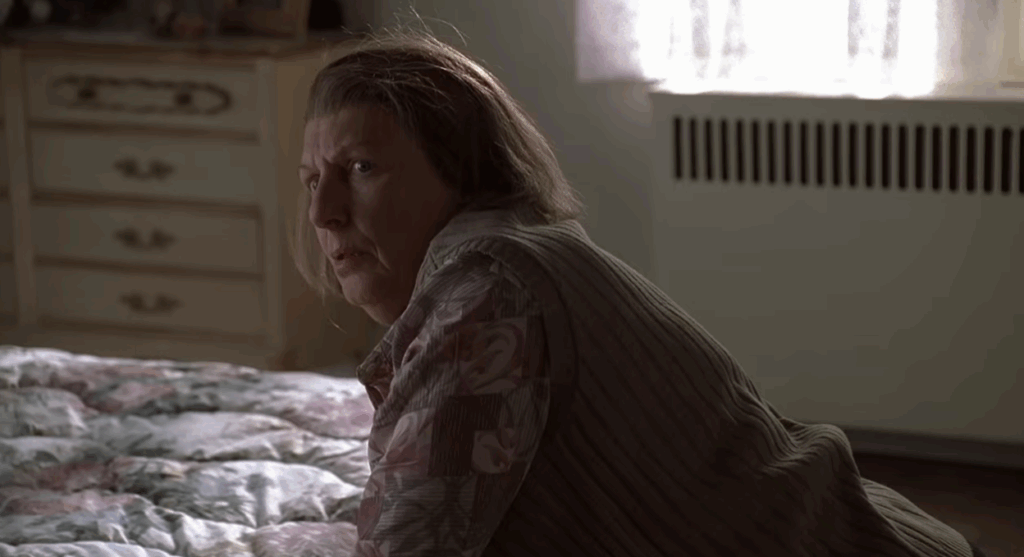
Tony’s war with Junior erupts. He learns of Livia’s involvement and nearly kills her in a hospital confrontation, but she fakes a stroke , escaping moral accountability, as always. Junior is arrested by the FBI, and Tony’s crew consolidates power under him. He’s officially the boss now, but emotionally hollow.
In one of the most haunting final scenes, Tony sits at dinner with his family as a storm rages outside. He talks about how good it feels to be together, pretending for a moment that everything is normal.
But we, and he, know better. The thunder echoes his panic attacks , the storm inside never ends.
Season 1 Ending Explained
The first season ends not with resolution, but with awareness. Tony has survived betrayal, therapy, and assassination , but not himself. He’s gained power, yet lost the illusion of control.
The family dinner scene isn’t comfort , it’s denial dressed as peace. The ducks may have flown away, but the emptiness they left behind stays. Tony’s therapy has shown him the mirror of truth, but he refuses to look long enough to change. Season 1 closes the curtain on one chapter: the mobster reborn as a modern man who can’t reconcile emotion with survival.
He’s not healed , he’s functional.
And in The Sopranos, that’s the closest thing to victory.
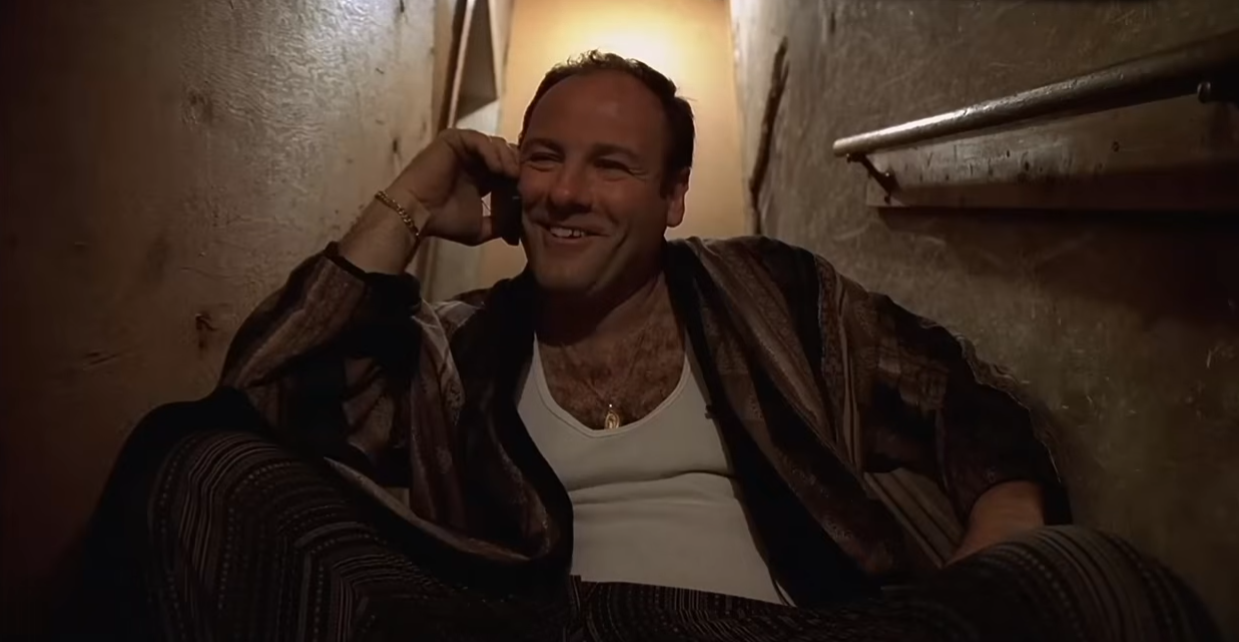

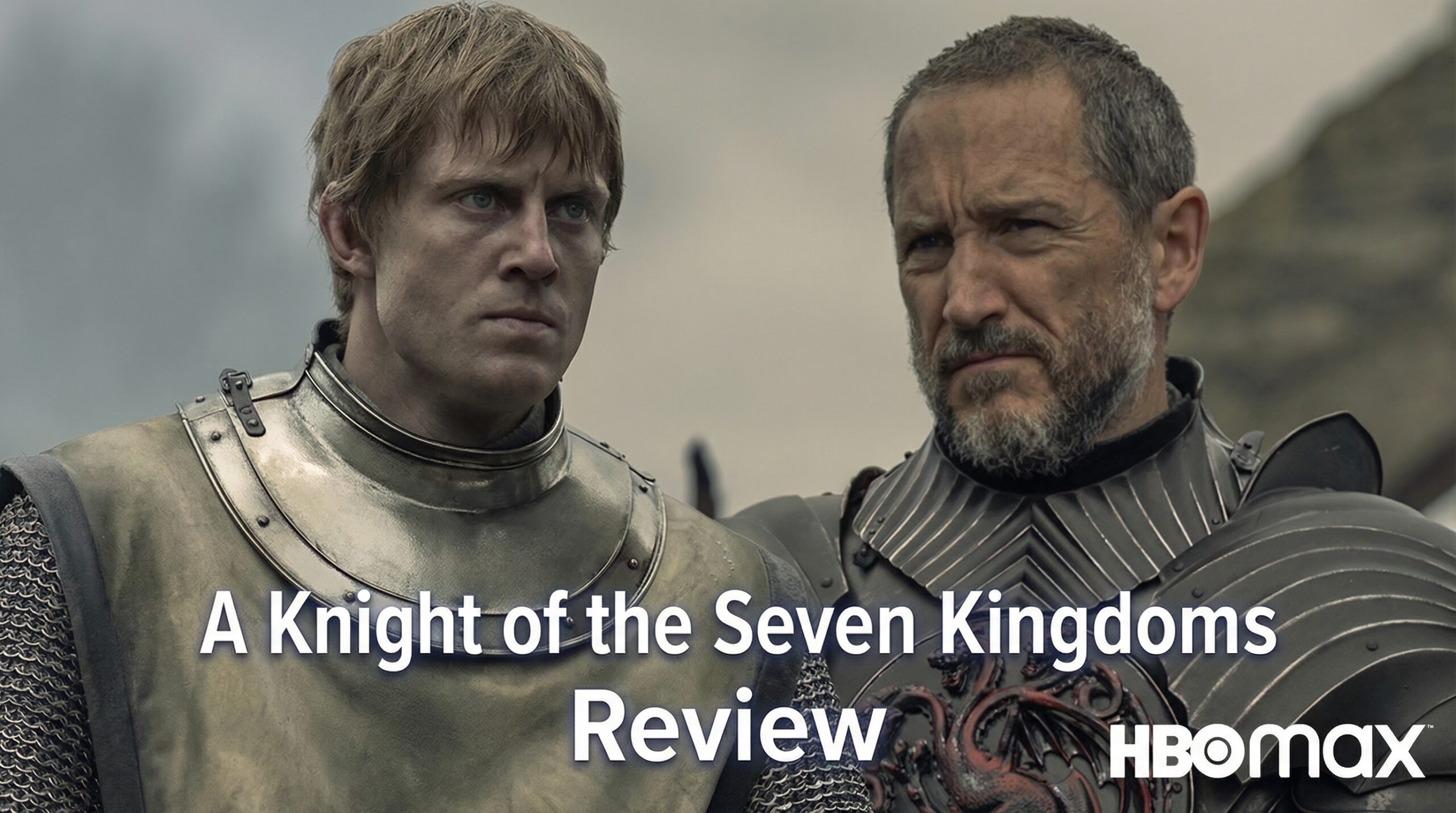




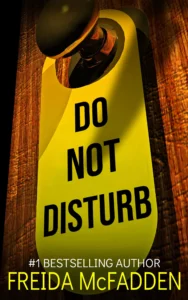




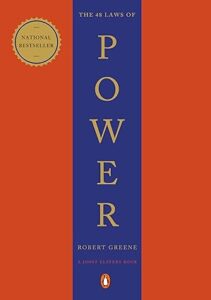
Post Comment